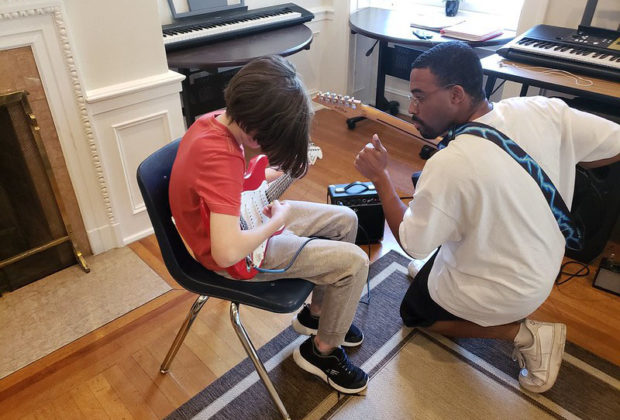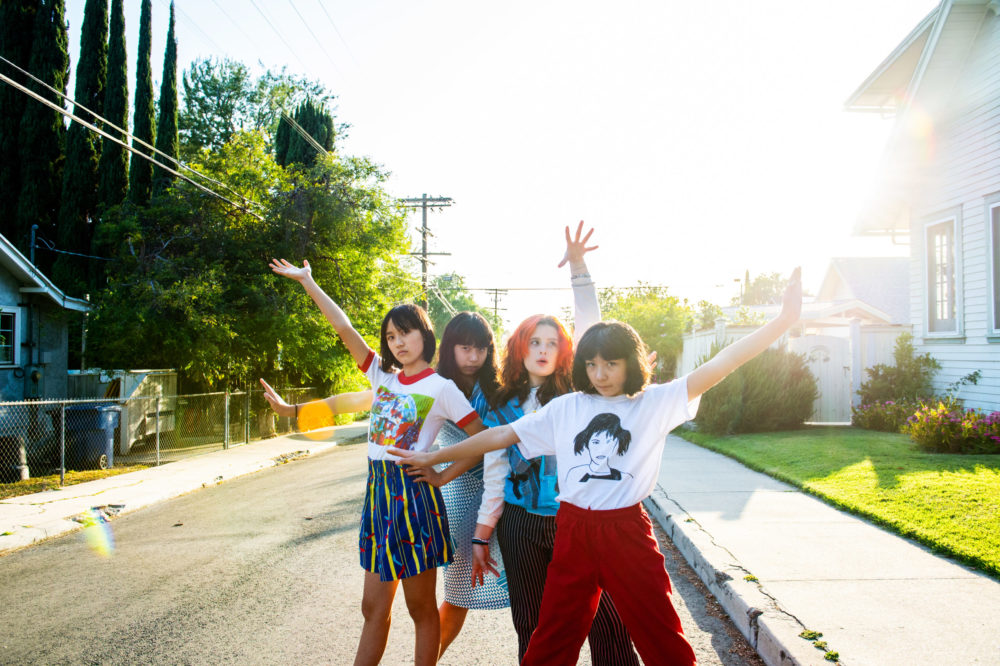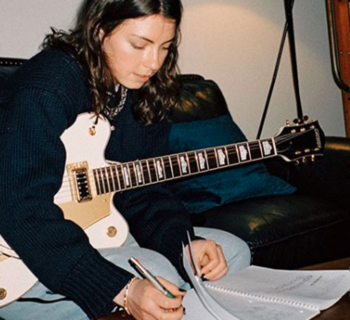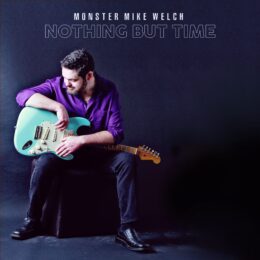When people think about mental health, they tend to associate it with plenty of exercise, a healthy diet, and avoiding stress and anxiety in one’s lifestyle. However, there are a great many other factors that can contribute just as strongly to having good mental health, for instance, music and the Arts.
Science tells us that the neural connections made when a person is involved with music on a regular basis are strong contributors to more stable mental health and to improving cognitive functions.
According to Christina Zhao from the University of Washington, babies experiencing a rhythmic pattern in music can improve the ability to detect and make predictions about rhythmic patterns in speech. This suggests that music improves cognitive development. If you’re interested in knowing more about child development, visit this site.
Keep in mind that art and music are not always about having extraordinary talent – sometimes it’s just about making yourself feel good through the power of expression. If you’re a parent and would like your child to become theatrically inclined or if you’re looking for a new hobby you’re passionate about, enrolling in music and acting classes would be more than valuable.
You can read below about some of the positive effects that music and the arts can have on your state of mental well-being.
Long-term effects
The long-term effects of music and the arts on mental health are considerable. Science has discovered that people involved with music and the Arts typically have superior long-term memory abilities, and they are often more capable of faster neural responses in brain areas related to decision-making.
While science cannot fully explain why this is so, it has been able to measure these long-term effects on musicians, and they are advantages that non-musicians simply do not have. Keep this in mind when you're encouraging your youngster to become involved in music at an early age.
Stress relief
Regardless of the artistic medium you choose to be involved with, the act of being creative can lower stress levels by focusing on the creative aspect itself rather than any external factors which may be causing anxiety.
Whenever you feel that you're becoming overly anxious or stressed, it might be a good idea to take up your musical or artistic pursuits, so as to channel your emotions to more fruitful endeavors. It's never healthy to dwell on an issue that's causing you problems or stressing you out.
Any way you can find to release that stress will contribute to better mental health, and pursuing the arts or music is one of the best ways to accomplish this.
Feeling good
There are few things you can achieve in your lifetime that you'll feel better about than something which is uniquely your own and which you created. Study after study has shown that creative acts, like painting a picture or writing a song, boost the production of dopamine in your brain.
Dopamine is a chemical that encourages good feelings in a person, and tends to drown out any negative sensations that might creep in. The more hours you spend pursuing music or the arts, the more dopamine will be released into your system, and the better you’ll feel.
Creativity and self-esteem
A great many people struggle with self-confidence and self-esteem, which are two crucial factors associated with your overall mental health. Remember how good you felt the last time you completed some kind of creative project?
When you become deeply involved with some creative pursuit, it almost always gives you an enhanced sense of self-esteem and of self-worth. When you feel good about yourself, your mental health is generally very good.
Emotional release
Over the course of time, it's fairly common for people to accumulate stress and frustration that just festers inside and seeks a way to get out. Obviously, there are all kinds of unhealthy ways to express that frustration and stress, but there are also some very beneficial ways to express it as well.
When you can channel all those negative feelings into the productive pursuit of something artistic, it's much more positive for you, and it will also help rid yourself of some negative feelings that could eventually affect your mental health.
Active music listening
Music is frequently used to influence the mood of the person listening, and it is effective because of the repetitive and rhythmic aspects of music that influence the neocortex of your brain.
The neocortex helps to calm you down and lowers the likelihood of acting on impulse. As musicconnection.com demonstrates, music can easily be matched to your mood, and if you're trying to put yourself in a better frame of mind, music can actually be used to guide you into a more positive frame of mind.
Active music listening is very common as a means of interrupting negative moods and transitioning them toward a state of mind where you feel much better about yourself and your surroundings.
Songwriting
The act of songwriting is a very creative one, and it's a way that many people use to express themselves. The beauty of songwriting is that literally anyone can produce lyrics that are a reflection of their own experiences and their own thoughts.
For someone who has an understanding of music, you would also be able to choose the instruments and the sounds which best reflect the emotion conveyed in the lyrics.
This entire process can be extremely positive for anyone involved with it, and it can certainly enhance your sense of self-worth. You’ll also have an understandable feeling of pride as you listen to the music you have created.
Playing instruments
Playing musical instruments is another way to encourage your own emotional expression, and it also has an element of socialization attached to it that can enhance your interactions with others.
Playing an instrument is also a great way to explore a number of different themes, such as communication, grief, frustration, and love. For instance, it’s possible to create a raging storm by playing the drums in tandem with a number of other percussion instruments.
There are all kinds of similar themes that can be explored musically when playing instruments either alone or in a group. The highs and lows of any individual situation can be experimented with, and a great deal of self-expression can be poured into the final result.
If you're working with a group, this provides a fantastic opportunity to have a group discussion on the meaning of what you’ve created, and all the various techniques you've used to create the desired sounds. By Ruth Riley














